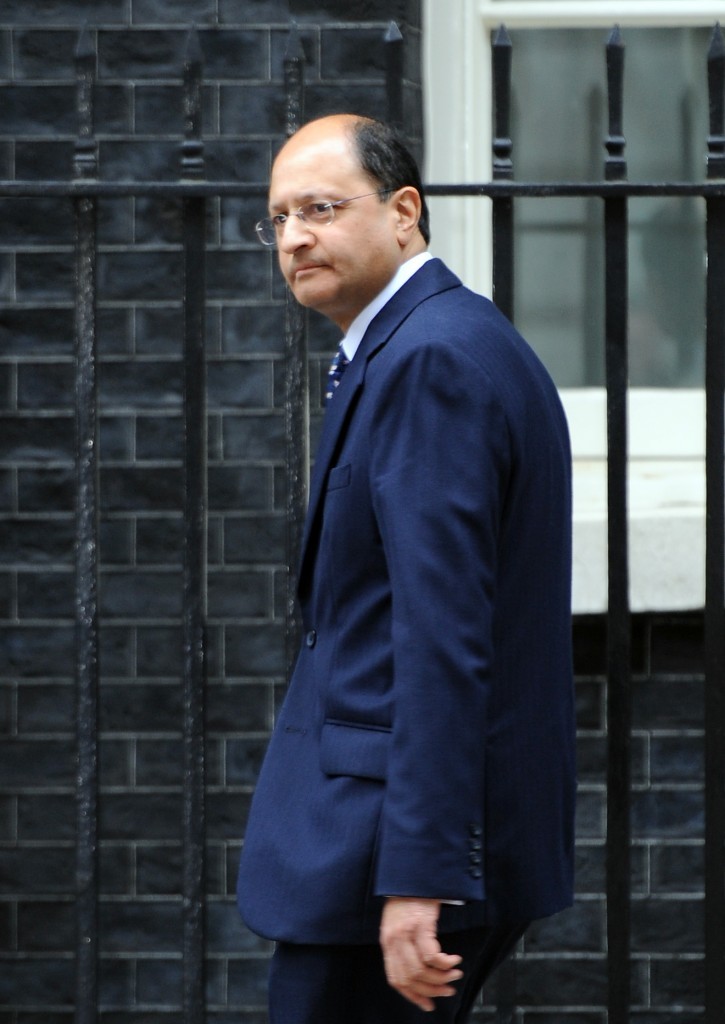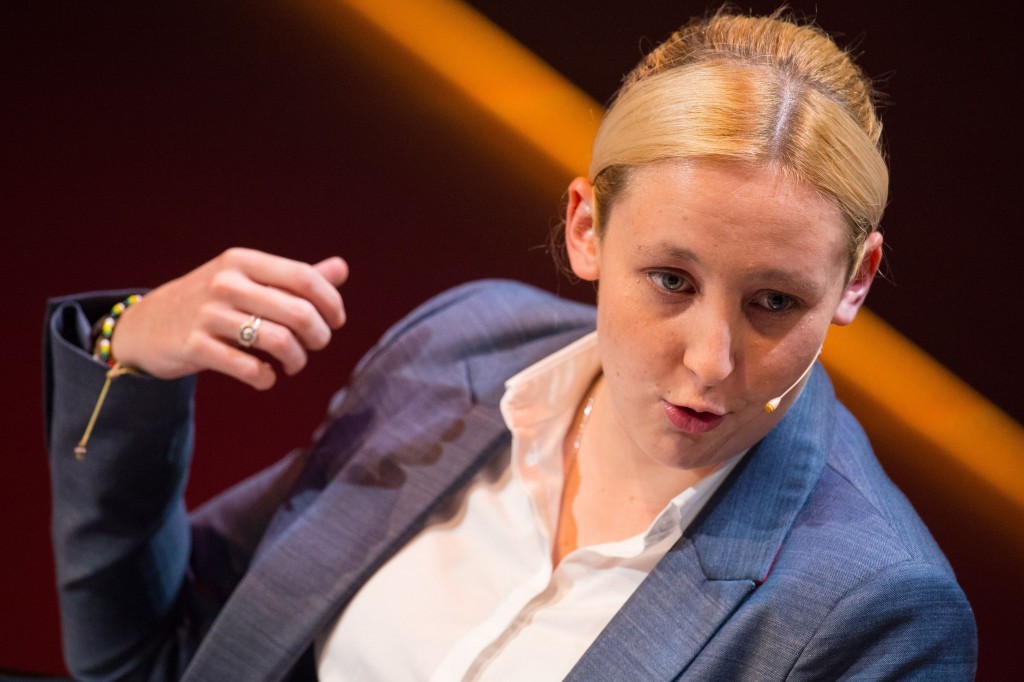
The SNP and Labour warned the 2011 decision to accelerate the rate at which the state pension age is to be equalised “directly discriminates” against women born on or after April 6 1951.
They argued these women have had to rethink their retirement plans on relatively short notice and suffered “undue hardship”.
But Work and Pensions Minister Shailesh Vara bemoaned criticism of the coalition’s decision and hit out at MPs seeking to “put the blame post-2010 onwards”.
Plans to increase the state pension age for women from 60 to 65 between 2010 and 2020 were initially set out in 1995.
But the coalition government decided to speed up the process in 2011, resulting in the state pension age for women due to increase to 65 in November 2018 and then to 66 by October 2020.
Opposition MPs forced a vote on a motion calling on the Government to immediately introduce further transitional arrangements for those women negatively affected by the changes, which was supported by 158 votes to zero.
The motion is non-binding and therefore the Government is not compelled to act.
Leading the backbench business debate, the SNP’s Mhairi Black (Paisley and Renfrewshire South) said: “The Government has said that the policy decision to increase women’s state pension age is designed to remove the inequality between men and women.
“That’s a strange definition of equality if whereby I am being shafted and short-changed purely for the fact of when I am born and the fact that I am a woman.
“That’s not my definition of equality.”
Ms Black said women are not being given enough time to prepare for the fact that they will receive their state pension later than they may have anticipated.
But Tory Julian Knight (Solihull) suggested more older women could work as a way to offset any losses from the pension changes.
He said equalising the pension age was an “overdue acknowledgement” of the role women play in modern society and that it should not be held up by “short-term political battles”.
Tory former minister Chloe Smith also claimed that going back to the 1995 timetable for equalisation would cost £30 billion.
Andrew Gwynne, the Labour MP for Denton and Reddish, said “it is time that ministers in the Department for Work and Pensions actually got off their backsides and did something to help these women”.
SNP pensions spokesman Ian Blackford added the Government was “ripping up and tossing away” its obligation to society in order to pursue austerity policies.
And shadow pensions minister Nick Thomas-Symonds pointed out that current Pensions Minister Ros Altmann criticised the speed of equalisation before entering Government.
The Labour frontbencher said: “Why won’t she listen to her own words now? Do not slam the door in the face of the 1950s women.”
Replying for the Government, Mr Vara said the new state pension will benefit many women who would have lost out under the current two-tier system.
He said: “All those affected by the 2011 changes will reach pension age after the introduction of the new state pension.
“Around 650,000 reaching state pension age in the first 10 years will receive an average of £8 a week more under the new state pension than they would have done under the previous system.
“And the majority of households reaching state pension age up to 2030 will receive a higher total income over retirement under the new system.”
He added: “It’s regrettable that people have sought to make this on a political basis and have conveniently forgotten that after 1995 there were 13 years of Labour government and I have here a list of some 10 pensions ministers all during the Labour administration and they totally failed to do anything, yet they conveniently seek to put the blame post-2010 onwards.”
Labour former work and pensions secretary Alan Johnson intervened to tell Mr Vara: “We introduced measures that did not include this anomaly. This was introduced in 2011.”
Mr Vara replied that Mr Johnson “took no action” despite being lobbied on the issue and “did nothing” to ensure women were informed of the 1995 changes.

Enjoy the convenience of having The Sunday Post delivered as a digital ePaper straight to your smartphone, tablet or computer.
Subscribe for only £5.49 a month and enjoy all the benefits of the printed paper as a digital replica.
Subscribe
